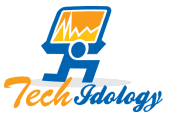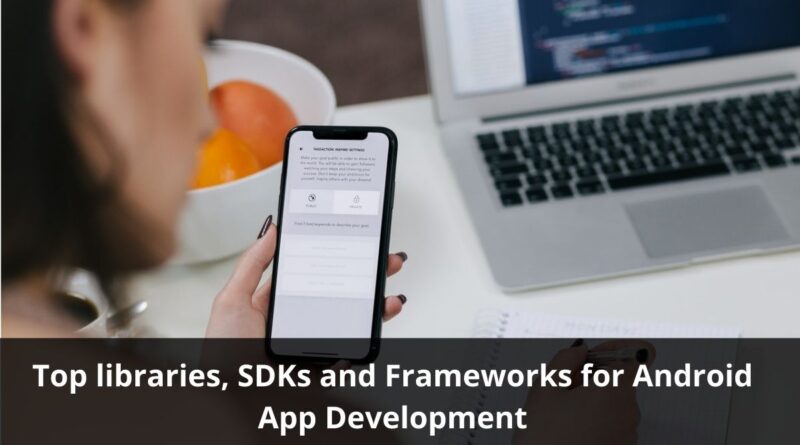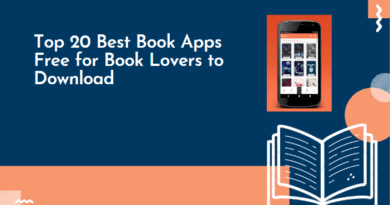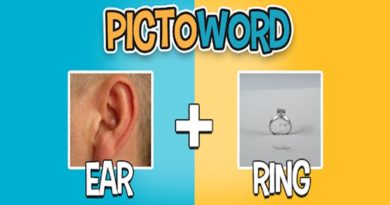Top libraries, SDKs and Frameworks for Android App Development
Android OS is the soul of the world of mobile technology. There is no denying the fact that smartphones have become an indispensable part of our lives. It is tough to imagine a world without smartphones since almost every service we consume in our day-to-day lives can be accessed via the mobile applications stored in our phones. The rapid technological advancement in app-based mobile technology has been driven by Android, the leading operating system of the world.
Android is the most versatile operating system available today and has witnessed a rapid transformation, both functionally and visually. The operating system allows fast development and hosting of mobile applications and so, is the first choice of app developers worldwide.
In the last few years, Android app development has grown into a full-fledged organized industry. The demand for Android apps is ever increasing, especially from the consumer goods and service industry. Many software development companies have emerged in the market that focus on Android mobile app development. Even the established tech companies have started their in-house wings for app development in Android OS.
Today, hiring the services of an Android app development agency is no longer difficult, given their easy availability in the market. However, if you are keen on building an Android app on your terms, and eliminating the dependency on a third-party service agency, you must focus on a few resources. These resources will help you in developing the best Android app within the shortest period. In this article, we shall explore a few of these resources.
Software Development Kit (SDK)
They are considered the most important of all resources required for Android app development. SDKs are software packages consisting of various tools a developer would use to build the app platform. Specialized mobile SDKs, which come with one or more application programming interfaces (APIs), are available today for mobile app development.
The top five SDKs for mobile app development are:
- Android Studio

It is an Android-specific SDK with features such as refactoring and quick fixes. It offers wizards based on templates so, Android components can be easily built. The best thing is that if an app is compiled using this SDK, it can be directly published on Google Play Store.
- Unity

Unity is considered the best SDK when it comes to the development of gaming apps. Most of the popular gaming apps you see are built using Unity. Its popularity is ever increasing among game developers.
- Google Fit

Google Fit is another SDK offered by Google. It consists of the best APIs required for building fitness apps. The introduction of Google Fit has made it possible for mobile applications to access sensor-generated data with great ease. This SDK is a great hit among developers of health and wellness mobile applications.
- Fabric
Fabric is a unique SDK that comes with modular construction. It can be considered ideal for building banking and finance-related applications. It offers a simplified API that facilitates the lodging of transactional data to a ledger. The SDK makes designing a complex ledger easy.
- B4A

One of the best and the simplest of all SDKs for Android mobile app development is Basic4Android (B4A) SDK. The SDK comes with readymade instructions for the compilation of app components making the development work extremely easy. If you find any developer working on a native mobile application, B4A SDK is likely being used in the process.
Framework
If SDKs offer the requisite tools for app development, a framework offers an environment for the app to be designed. The framework can be considered the fundamental structure of every mobile application.
The top 5 frameworks used to develop an Android app are:
- PhoneGap

Offered by Adobe, PhoneGap is an open-source framework currently used by Android app development services for building cross-platform mobile applications. This framework is traditionally used for developing apps for iOS, but it has served as the foundation for some good Android apps in recent times.
- Xamarin

Xamarin is an app-building framework offered by Microsoft. Its specialty is that it comes with a single API which is surprisingly highly extensible. Moreover, instead of HTML and JavaScript, Xamarin supports using C++ as a programming language, making it accessible to every developer.
- Flutter

Google offers this Android mobile app development framework that can be used to build Android mobile apps with beautiful and visually appealing UIs. This framework boasts of a library of a wide variety of widgets, the combinations of which give rise to different looks and feels of the resultant UI.
- Ionic

Ionic is a framework that is known for its high flexibility. App developers love to work on Ionic as it offers them the chance to extend their creativity. The high-quality framework allows developers to build mobile applications that can be directly deployed in production. It is as the chances of defects and bugs in those applications are extremely low.
- React Native

React Native framework has earned great respect from Android app developers for its stability. Different apps can be built on them, and each of them would provide a great user experience. The framework is strongly endorsed by Facebook, with a strong community of top developers across the world supporting it.
Library
A mobile application can be highly functional and feature-laden. However, the same can be offered by a website too. What makes a mobile application more effective than a website is its intuitive user interface. The user interface must be appealing to new users, attractive for average users, and convenient for regular users.
The scrolling and loading of various pages in the interface should be smooth and fast too. This can be ensured if you integrate your mobile application with the correct library.
The top 5 Libraries for developing Android apps are as follows:
- Glide
Glide is a library recommended by Google which offers easy and effective image loading in mobile apps. It is also the library preferred by most Android application development services. The UIs of the mobile applications built over the Glide library are smooth to scroll through and automatically clear up unwanted cache memory.
- Retrofit
Retrofit has emerged as the best library for mobile apps that need to interact with multiple APIs simultaneously. Functions such as data uploading and retrieving are fast in the Retrofit library. So, this library has found extensive use in the development of transactional applications.
- Dagger
Dagger is a library for Android application development services designed by core developers of Google. It offers a stable framework for the apps. The best thing about the Dagger library is that code analysis is conducted during compilation, making app development faster.
- Butterknife
Butterknife might be the most lightweight library available today that can inject views into the Android components with high frequency. It uses the feature of annotation processing and generics, which eventually results in automatic cast performance. Given its smart performance, this library is going to lead its segment very soon.
- Room
Room is a newly introduced library that allows the quickest database access to the Android applications and allows the Android development service to harness information to the fullest. Room also allows users to create local databases for saving the information, which is a useful feature for any app.
The most important thing is that the SDK, the framework, and the library selected for any app development project must complement one another for a successful Android application development process. It is why one might think about hiring a professional Android development service who would take the responsibility of consolidating the resources most optimally.




